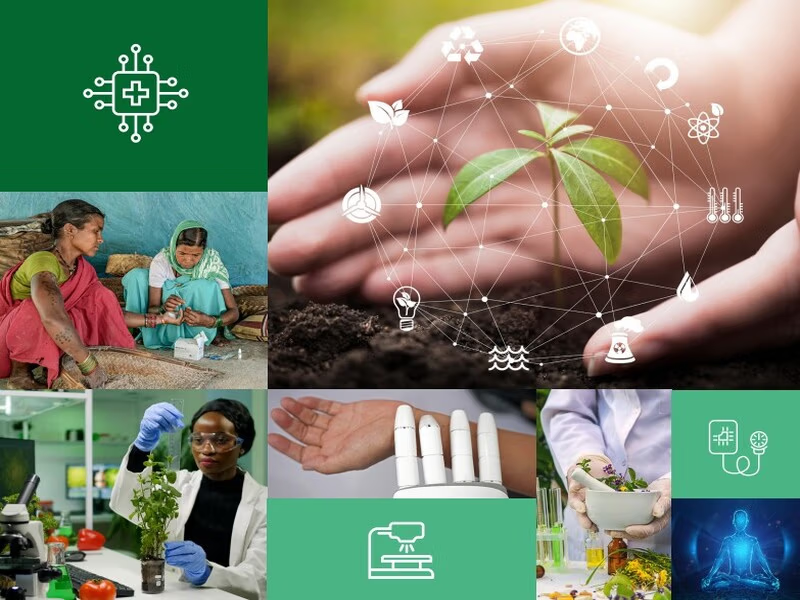The World Health Organization (WHO) has recognized India’s pioneering efforts in integrating Artificial Intelligence (AI) with traditional medicine, particularly within the Ayush systems, according to the Ministry of Ayush.
In a landmark achievement, India has been featured in the WHO’s newly released technical brief titled “AI in Traditional Medicine,” which outlines the global roadmap for applying AI in traditional health systems. The initiative followed a proposal by India and reflects the nation’s growing leadership in digital healthcare innovation.
The Ministry of Ayush described the recognition as “a testament to India’s leadership in creating a robust scientific ecosystem for traditional medicine.”
Union Minister of State (Independent Charge) for Ayush, Prataprao Jadhav, noted the significance of AI-led initiatives in advancing systems such as Ayurveda, Siddha, Unani, Sowa Rigpa, and Homeopathy. These include AI-driven diagnosis support tools that merge classical practices—such as pulse and tongue examination—with machine learning and deep neural networks.
“By integrating AI with Ayush systems — and through pioneering digital platforms such as the SAHI portal, NAMASTE portal, and the Ayush Research Portal — India is not only safeguarding its centuries-old medical wisdom but also leading the way in shaping a future of personalised, evidence-based, and globally accessible healthcare,” said Jadhav.
The WHO brief also spotlighted Ayurgenomics, which combines genomics and Ayurvedic principles to detect predictive health markers and tailor AI-based health recommendations. Additionally, efforts are underway to decode the genomic foundations of herbal formulations for possible repurposing in modern medicine.
Vaidya Rajesh Kotecha, Secretary, Ministry of Ayush, said:
“Together, these AI-enabled platforms are not only preserving and validating India’s traditional knowledge systems of medicine but are also advancing their global integration within evidence-based, digital healthcare frameworks.”
The document further commended initiatives like the Traditional Knowledge Digital Library (TKDL), which is considered a global model for responsibly preserving and sharing indigenous medical knowledge.
Other notable achievements include the digitization of Ayush services, online consultation platforms, improved digital literacy among practitioners, and the development of interoperable frameworks that integrate traditional medicine with conventional healthcare systems.
India’s growing emphasis on digital health innovation and international best practices continues to strengthen its role in global healthcare leadership.
(With input from IANS)





